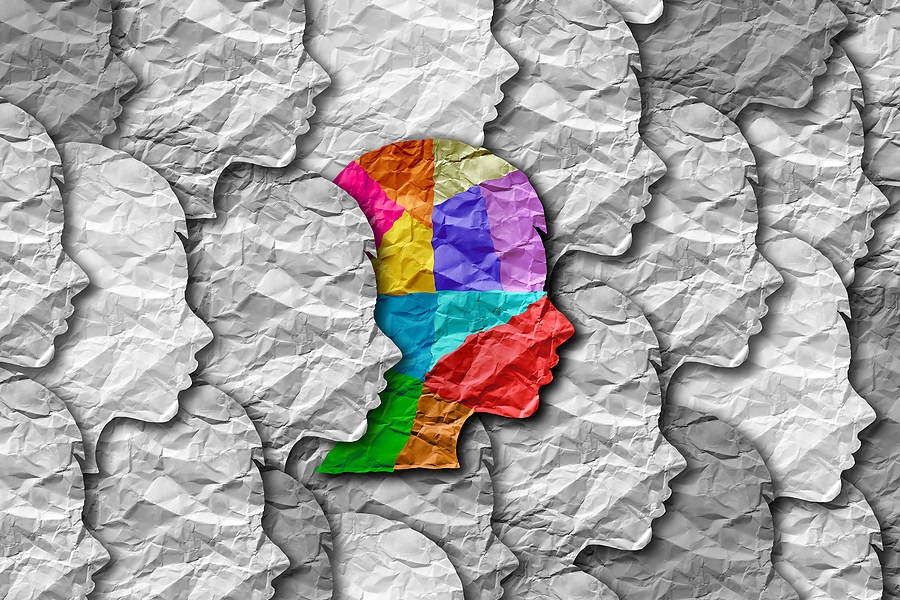Singapore Brain Development Centre
Our Location
1 GOLDHILL PLAZA #01-11 S(308899)
Autism & ADHD In Kids: Is There A Connection Between Them?
Autism & ADHD In Kids: Is There A Connection Between Them?

For many parents, when their child begins exhibiting signs of difficulties concentrating, sitting still or maintaining eye contact, their minds go straight to thinking that their child has either autism or attention deficit hyperactivity disorder (ADHD).
Oftentimes, these two terms are used interchangeably. However, the reality is that autism and ADHD are two very different and distinct conditions that may sometimes share similar symptoms.
So, the question lies, is there a connection at all between these two conditions? In this article, we discuss the differences and relationship between autism and ADHD.
ADHD in kids: what is it?
One of the most prevalent neurodevelopmental conditions in children is ADHD. It frequently persists into maturity and is typically first diagnosed in infancy. Children with ADHD may struggle to focus, have trouble managing impulsive behaviours, or be extremely active.
Typically, there are three types of ADHD:
- Inattentive: Difficulty concentrating and/or completing tasks.
- Hyperactive-impulsive: Restlessness, fidgeting, and/or excessive talking.
- Combined: A combination of both inattentive and hyperactive-impulsive types.
Now, what about autism?
ASD, or autism spectrum disorder, is a lifelong developmental disorder that interferes with communication and social interaction. Children diagnosed with autism may have trouble understanding the world around them. Check out our article for some encouraging facts about autism.
Autism symptoms in children typically manifest by the age of 2 or 3. Some related developmental impairments may manifest much sooner, and these are frequently detectable as early as 18 months.
Can your child have both ADHD and autism?
There are clear differences between ADHD and autism symptoms. A child with ADHD may struggle with focus, hyperactivity, and impulsivity. On the other hand, communication, social engagement, and restricted or repetitive habits may be challenging for a child with autism.
However, according to research, approximately between 30 and 80% of kids with autism exhibit signs of ADHD, and between 20 and 50% of kids with ADHD also meet the criteria for autism. Given the size of this overlap, it is certainly possible and common for children to have both ADHD and autism. This is especially true for children who are diagnosed with the “combined” type of ADHD. The core symptoms of the ADHD-combined type, which includes hyperactivity, attention deficit and impulsivity, are also features of autism. In other words, autism and ADHD are two neurological disorders that are characterised by similar underlying cognitive weaknesses or deficits.
Intervention for ADHD and autism with Singapore Brain Development Centre
Studies have discovered that children with autism and ADHD will typically have issues with their working memory, response inhibition, processing speed and other cognitive skills.
Therefore, if you suspect that your child might have autism or ADHD, it would be best to consult a professional for a thorough evaluation. Here at Singapore Brain Development Centre (SBDC), we provide a range of Intermediate Screening assessments to evaluate your child’s milestone ability. So, no matter if you are looking for an ADHD, autism or even dyslexia assessment in Singapore, our therapists here at SBDC are equipped with the professional know-how and skills to help get to the bottom of your child’s developmental delays.
In the case where your child is diagnosed with autism and/or ADHD, our comprehensive and holistic brain training programmes can help to address and strengthen their weak cognitive skills. We have worked with thousands of students since our founding and are committed to helping every child unlock their fullest potential by nurturing capable lifelong learners with our personalised cognitive development plans.
So, if you are looking for early intervention centres in Singapore for your child, check out Singapore Brain Development Centre today! We are the country’s leading brain gym and cognitive development training centre that is certified by the Ministry of Social and Family Development.
For more information, feel free to contact us today!

